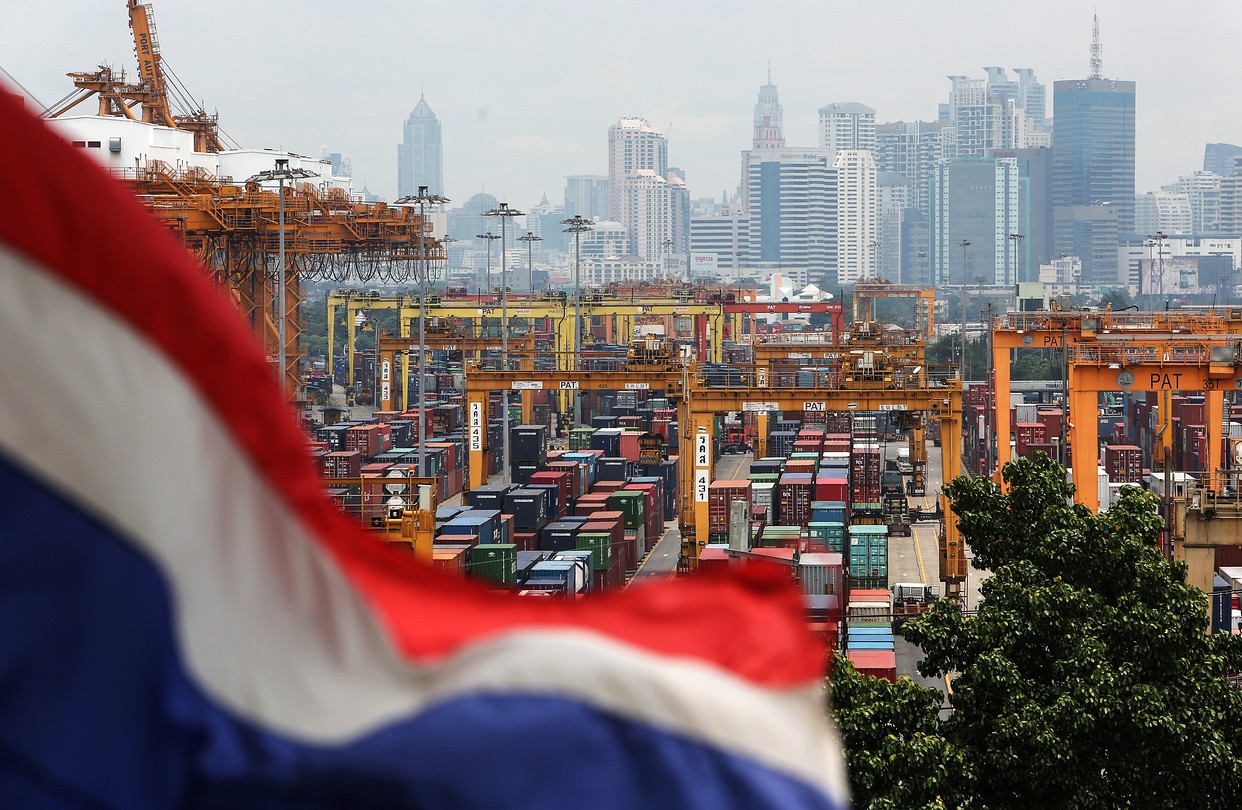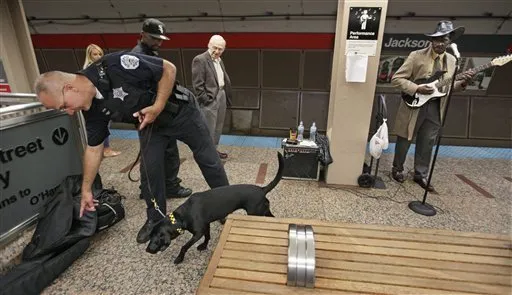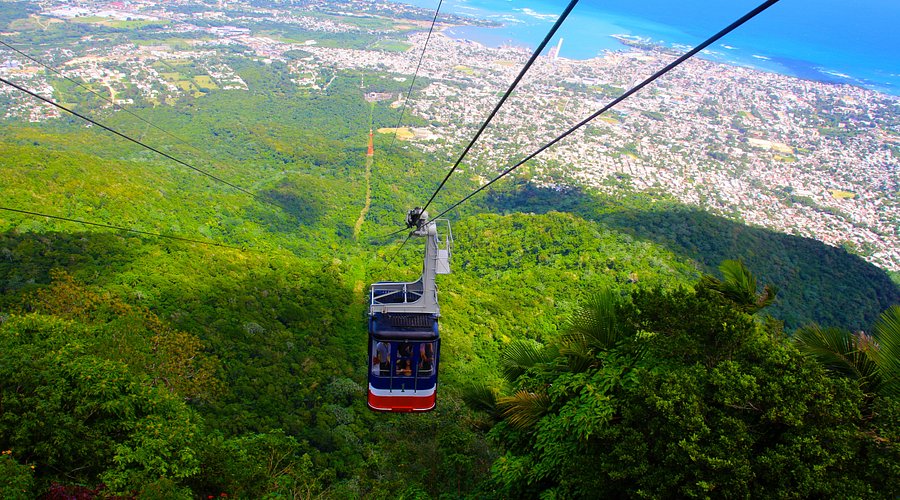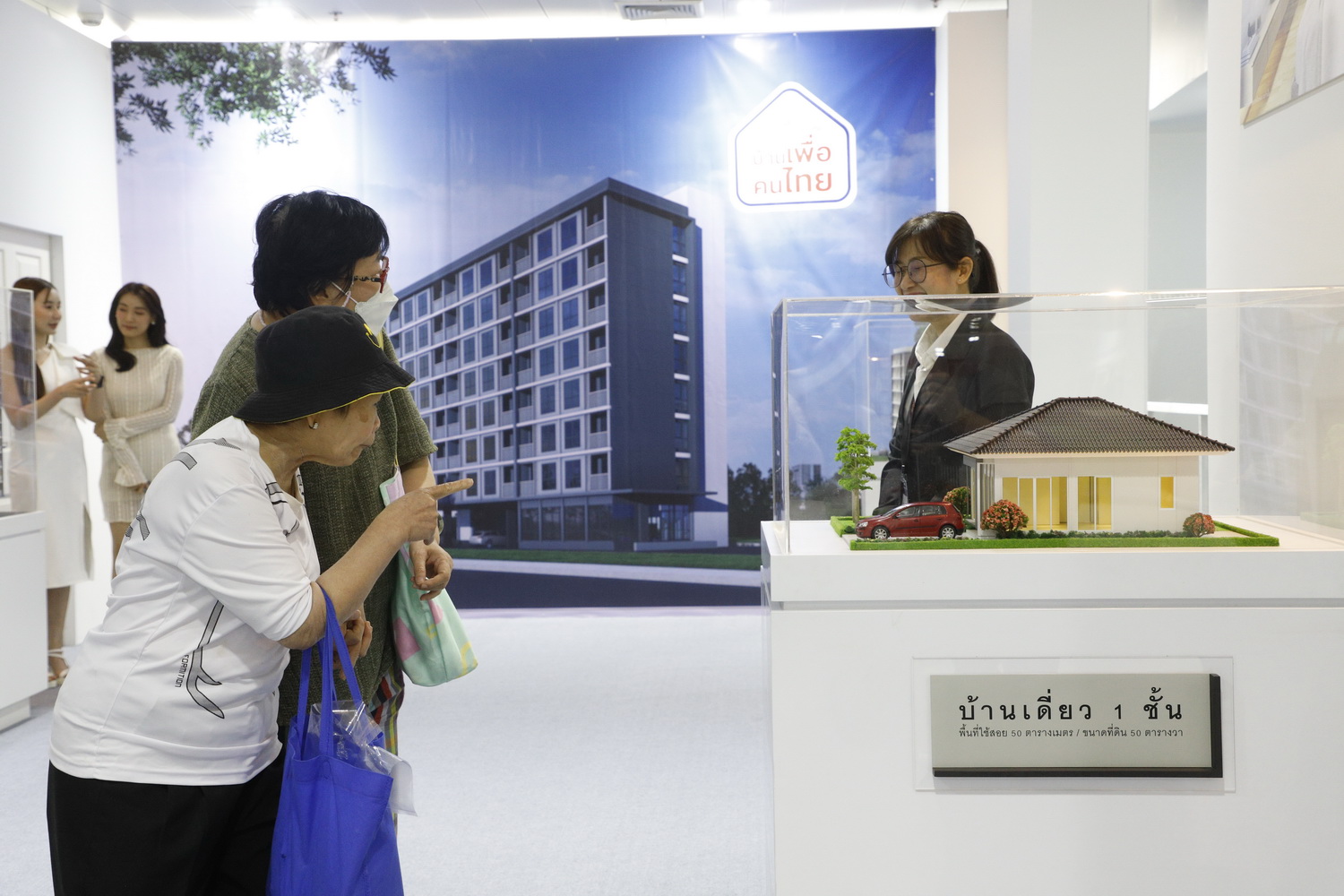20-Baht Fare Cap Expansion
Thailand’s government is accelerating plans to repurchase electric train line concessions in Bangkok, aiming to finalize the process by 2026, as announced on June 18, 2025. The initiative seeks to make public transport more affordable by extending the 20-baht fare cap, currently applied to parts of the Red and Purple lines, across all lines by September 2025. This move aligns with efforts to ease commuting costs for residents in the capital.
Committee to Drive Buyback Strategy
Finance Minister Leads Talks
A steering committee, chaired by Finance Minister Pichai Chunhavajira, is set to convene later in June 2025 to outline strategies for acquiring concessions from private operators. The State Enterprise Policy Office (Sepo), led by director-general Tibordee Wattanakul, is spearheading the review. Discussions will focus on ownership models, repurchase valuations, and funding sources to ensure a smooth transition to state control.
State Ownership for Streamlined Management
Learning from Global Models
Sepo proposes that the state become the sole owner of Bangkok’s electric train lines to simplify management and set clear policy directions. This approach mirrors successful systems in Singapore and Japan, where state ownership ensures affordable fares and efficient operations. However, Sepo also suggested allowing private operators to compete for service contracts, fostering competition while maintaining public ownership.
Funding Through Infrastructure Fund
Thailand Future Fund as Precedent
The estimated 200 billion baht cost of repurchasing concessions will likely be financed through an infrastructure fund, offering investment units to the public. The Thailand Future Fund serves as a model, having raised capital by investing in income-generating state assets. This funding strategy aims to minimize taxpayer burden while securing the necessary resources for the buyback.
Valuation Reflects Expiring Concessions
Green Line Expiry Impacts Cost
Sepo’s valuation considers that key concessions, such as the Green Line, are set to expire in 2029, reducing their current market value. Additionally, some suburban lines have underperformed financially, making private operators more open to buyback offers. This strategic timing could lower the overall cost, enabling the government to negotiate favorable terms with concession holders.
Subsidies to Bridge Transition
Budget Support for Operators
Until the buyback is complete, the government will subsidize operators to offset losses from the 20-baht fare cap, requiring significant budgetary support. The Transport Ministry estimates annual subsidies of 6 billion baht to maintain affordability. This interim measure ensures commuters benefit from lower fares while long-term ownership and funding solutions are finalized, enhancing public transport accessibility.
Long-Term Vision for Urban Mobility
Boosting Bangkok’s Transport Network
The buyback plan is a cornerstone of Thailand’s vision to transform Bangkok’s urban mobility, reducing reliance on private vehicles and easing traffic congestion. By bringing all electric train lines under state control, the government aims to create a unified, affordable, and sustainable transport system. The initiative, backed by consumer support and innovative funding, positions Bangkok as a leader in accessible public transit by 2026.








